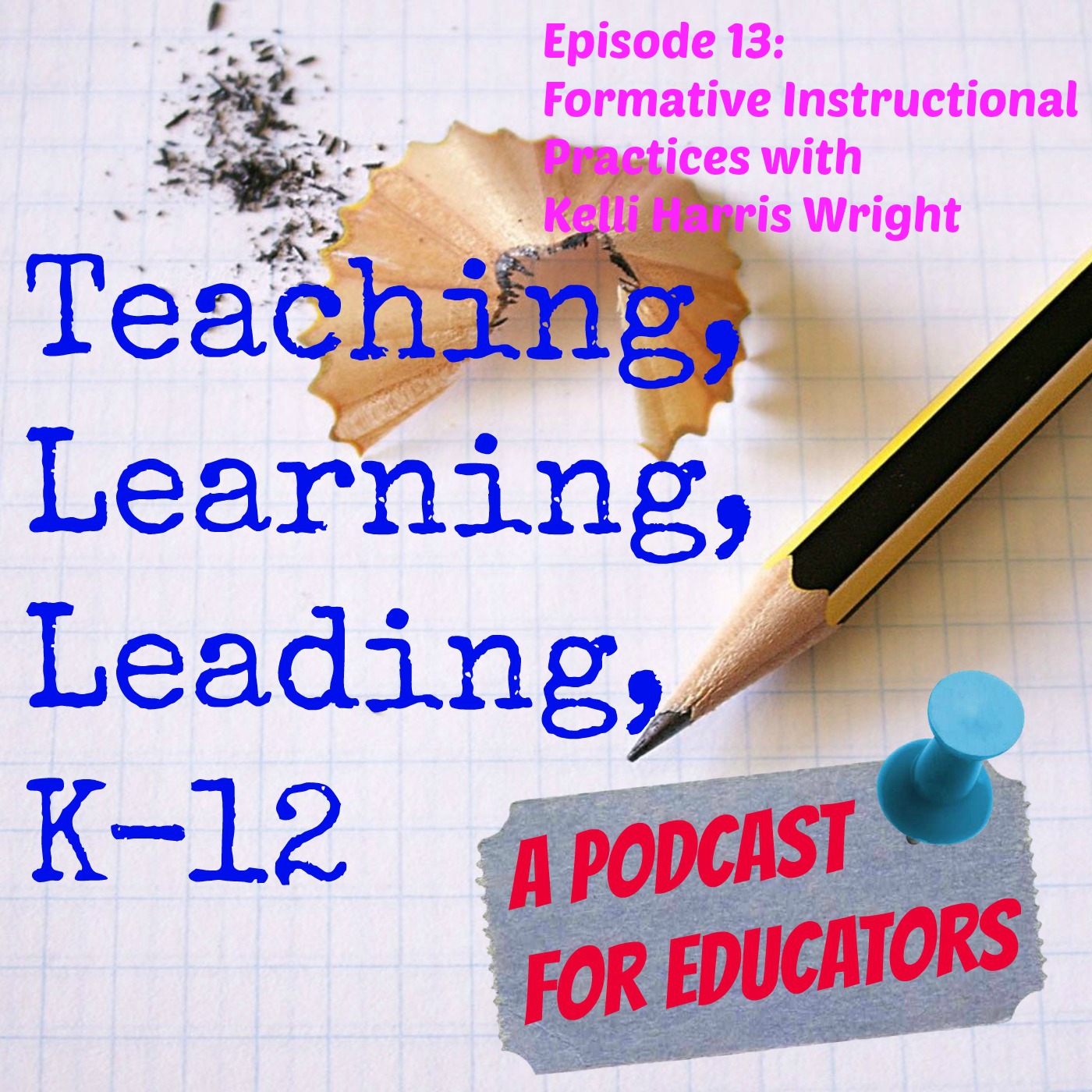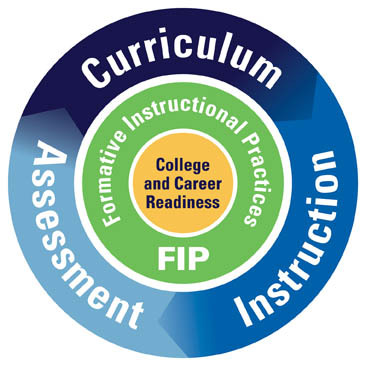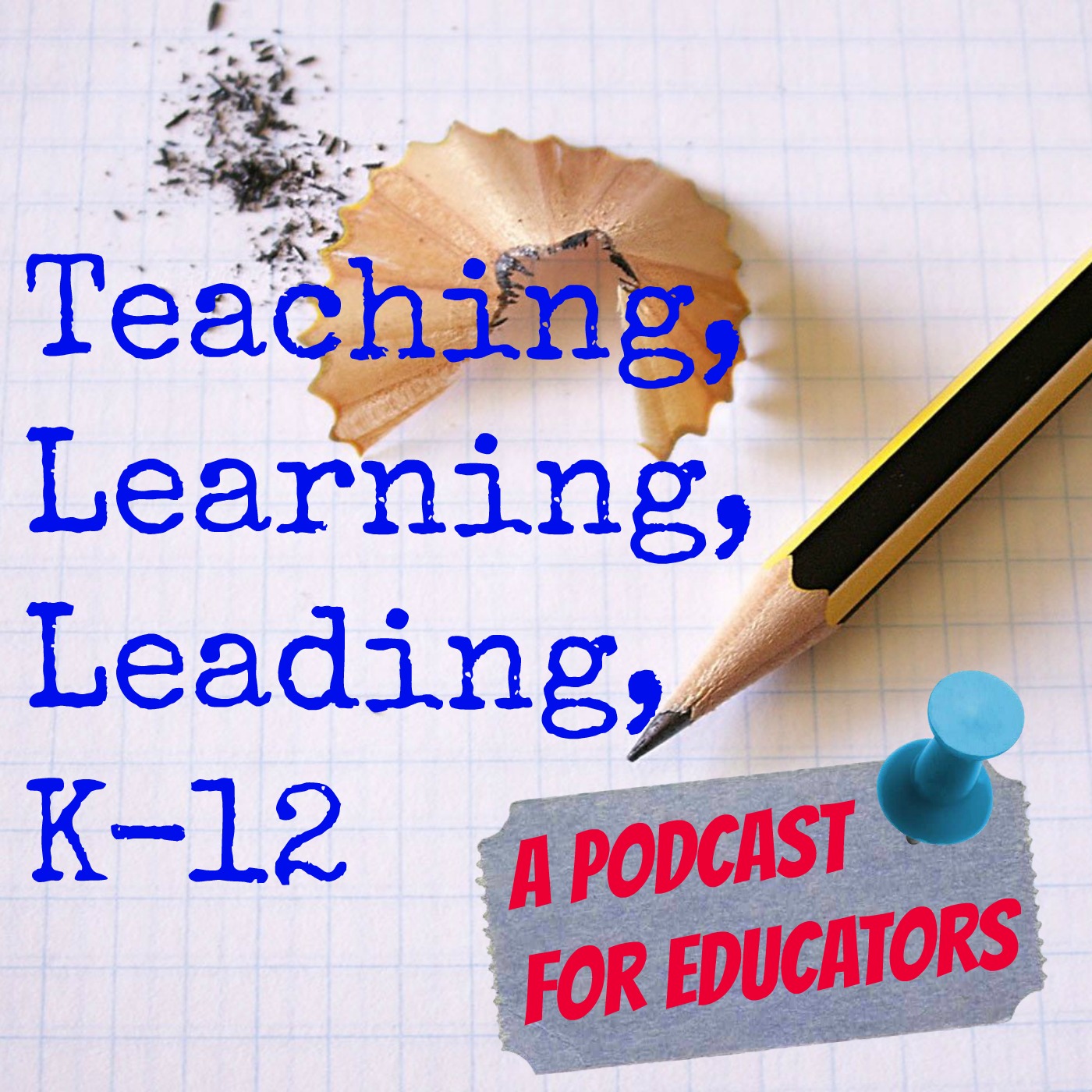Episodes

Thursday Mar 06, 2014
Episode 13: Formative Instructional Practices with Kelli Harris Wright GADOE
Thursday Mar 06, 2014
Thursday Mar 06, 2014

Kelli is a recently retired public educator. She was a special education and general education teacher. She also served in many different capacities within public school systems. Her most recent role, prior to retiring and going to work for the Georgia Department of Education, was as the Director of K-12 Teaching and Learning for a large Atlanta school district. She now oversees the FIP or Formative Instructional Practices program which falls under the Division for Assessment and Accountability at the DOE.
FIP is based upon the work of Rick Stiggins, Jan and Steve Chappuis, and Judith Arter. According to Kelli, “It focuses on the formal and informal methods that teachers and students collect information about student learning. It is about the use of the information that is collected.”
Formative Assessment helps teachers to understand the strengths and weaknesses of their students. The collected information then enables the teachers to modify their instructional practices to address the needs of the kids.
One aspect of this program is that the teachers learn how to create learning targets based upon the standards for the unit content. These help the teacher understand what it is that needs to be taught.
Formative assessment is purposeful. The teacher creates activities that provide information about the understandings of the students. As a result, these activities typically are not graded and should not be graded. It shows what the students know or don’t know therefore, a grade cannot be administered.
The actual training for teachers happens through professional learning networks, overview sessions, and on-line modules. There are five on-line modules for teachers.
1. Overview of the Research about Formative Assessment
2. Learning Targets
3. Ways to Collect Evidence of Student Learning
4. Analyzing the Evidence of Student Learning/ Effective Feedback
5. Student Ownership of Learning/Peer Feedback
There are two additional modules: One for leadership personnel and another for coaches and teacher leaders.
Kelli recommends three books to help with understanding formative assessment:
Seven Strategies of Assessment for Learning
Jan Chappuis, Pearson Assessment Training Institute
©2010 • Pearson • Paper, 272 pp
Published 03/01/2009
Assessment Balance and Quality: An Action Guide for School Leaders, 3/E
Steve Chappuis, Carol Commodore, Rick J. Stiggins, Pearson Assessment Training Institute
Pearson • Paper, 240 pp Published 03/02/2010
Formative Assessment and Standards-Based Grading
Robert J. Marzano, Publisher: Marzano Research Laboratory
November 11, 2009
You can find more information about Georgia’s use of FIP at www.gadoe.org/fip or simply google Georgia FIP.
You can contact Kelli at
Phone: (404) 463-5047
Fax: (404) 656-5976
Email: Kharris-wright@doe.k12.ga.us
Length 34:09


No comments yet. Be the first to say something!